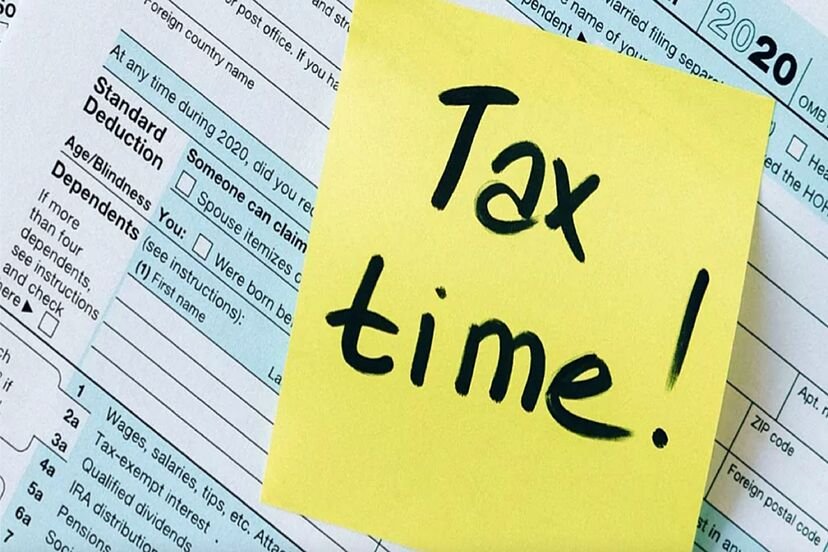As the calendar turns over to a new year, one important task from 2023 still awaits your attention: filing your taxes. Although tax season officially kicks off in late January when the IRS begins accepting and processing returns, tax professionals recommend preparing early to ensure a smoother process and, most importantly, to expedite the receipt of your refund.
Typically, taxpayers have until April 15 to file their returns, unless this date falls on a weekend or holiday, extending the deadline. Despite this deadline extension, financial experts encourage individuals to take a proactive approach and complete their tax filings well before the final due date.
Mark Steber, the Chief Tax Officer at Jackson Hewitt, emphasized the benefits of early tax preparation. “Refunds were down a little last year due to waning pandemic benefits, but I think it has settled and may be up because of inflation adjustments,” Steber noted. Last year, the average tax refund by the April deadline amounted to $2,753, a decrease from the previous year’s figure of $3,012. The dip was attributed to the tapering off of pandemic-related benefits that had contributed to boosting refunds, according to the IRS.
To ensure a smoother tax-filing experience and to maximize the chances of receiving a prompt refund, consider the following tips as you prepare for the upcoming tax season:
- Gather Documentation Early: Start collecting all necessary documents, including W-2s, 1099s, and any other relevant income and deduction records. By organizing your paperwork early, you’ll have a clearer picture of your financial situation and can identify potential deductions.
- Stay Informed About Tax Law Changes: Keep abreast of any changes to tax laws or regulations that may impact your filing. Staying informed will help you navigate new rules and take advantage of any tax benefits available.
- Explore Online Filing Options: Consider using online tax preparation software or consulting with a tax professional to streamline the filing process. Online platforms often guide users through the necessary steps and can expedite the submission of your return.
- Check Eligibility for Tax Credits: Research and determine if you qualify for any tax credits or deductions. This may include education credits, child tax credits, or energy-efficient home improvement credits. Identifying eligible credits can contribute to a larger refund.
- Prioritize Early Filing: Submit your tax return as early as possible after the IRS begins accepting filings. Early filers not only receive their refunds sooner but also reduce the risk of falling victim to tax-related identity theft, as fraudulent returns are more likely to occur later in the tax season.
- Consider Direct Deposit: Opt for direct deposit when providing your bank information for your refund. This method ensures a faster and more secure delivery of your funds compared to receiving a paper check in the mail.
- Consult with a Tax Professional: If you have complex financial situations or significant changes in your life, consider seeking advice from a tax professional. Their expertise can help you navigate intricate tax scenarios and maximize your potential refund.
In conclusion, by initiating your tax preparation early, staying informed, and leveraging available resources, you can set the stage for a smooth and efficient filing process. Embrace the new year by taking proactive steps towards filing your 2023 taxes, ensuring not only compliance but also the potential for an expedited and substantial refund.
